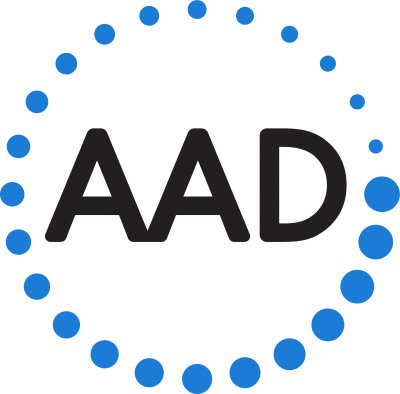Understanding Acne: Myths, Treatments, and Effective Solutions
What is Acne?
Acne is a widespread skin condition, impacting nearly 85% of people at some point in their lives. It manifests in various forms, such as blackheads, whiteheads, pimples, and deeper cysts or nodules. While acne is not contagious, it can have profound effects on individuals’ self-esteem. If left untreated, it may lead to permanent scars.
Types of Acne
Understanding the different types of acne is essential for effective treatment:
-
Cystic Acne: Characterized by painful cysts deep beneath the skin. It occurs due to blocked pores from oil and dead skin cells, leading to inflammation and bacterial infection.
-
Fungal Acne: Known as Pityrosporum folliculitis, this occurs from an overgrowth of yeast in hair follicles. It usually appears as small bumps on the forehead, chest, and upper back.
- Hormonal Acne: Triggered by hormonal fluctuations, particularly around menstruation. This type typically appears as cystic or inflammatory bumps along the jawline, chin, and lower cheeks.
Effective Acne Treatments
A personalized treatment plan is necessary since different types of acne require different approaches. Common treatments include:
Over-the-Counter Solutions
- Retinoids: Vitamin A-based products that unclog pores.
- Benzoyl Peroxide: Targets bacterial growth and reduces inflammation.
- Salicylic Acid: Aids in decreasing inflammation and helps exfoliate the skin.
Professional Treatments
For severe cases, consider prescription medications such as:
- Antibiotics: Help reduce bacteria and inflammation.
- Hormonal Treatments: Birth control pills or spironolactone can help manage hormone levels.
- Isotretinoin: A powerful medication for treatment-resistant acne.
The Role of a Dermatologist
Consulting a board-certified dermatologist is crucial for accurately diagnosing the type of acne and recommending effective treatments. Each person’s skin is unique, and expert care can provide tailored solutions to maximize treatment success.
Navigating Social Media Trends
Social media is a thriving platform for skincare tips, but not all advice is beneficial. Below are some common treatments scrutinized by experts:
Chamomile Tea
Chamomile is praised for its anti-inflammatory properties, but using it directly from tea bags may irritate the skin. Instead, opt for skincare products that contain chamomile extract.
Dandruff Shampoo
Though dandruff shampoo can assist with certain forehead bumps caused by yeast, it’s not formulated for facial skin. Overuse can lead to dryness and irritation.
Saunas
While saunas may enhance blood circulation and reduce stress, they can exacerbate some skin conditions and increase the risk of infections.
Pimple Patches
Pimple patches have a scientific basis—they help extract fluid from pimples and reduce the urge to pick—but they are ineffective for deeper forms of acne.
Best Practices for Acne Care
- Maintain a gentle skincare routine to balance the use of acne medications.
- Stay hydrated and incorporate moisturizing products to prevent skin barrier damage.
- Monitor what aggravates or improves your acne to provide valuable information during consultations.
For a comprehensive understanding of acne management and to find a board-certified dermatologist, visit aad.org/findaderm.
Conclusion
Proper acne treatment starts with understanding your unique skin type and seeking professional guidance. While social media trends can be appealing, caution should be exercised. Always consult with a dermatologist for personalized advice and treatment strategies tailored to your specific acne type and skin needs.
For a deeper dive into acne treatment resources, visit the Acne Resource Center.
By implementing these insights, you can approach your acne treatment effectively and safely, leading to clearer skin and enhanced self-confidence.


